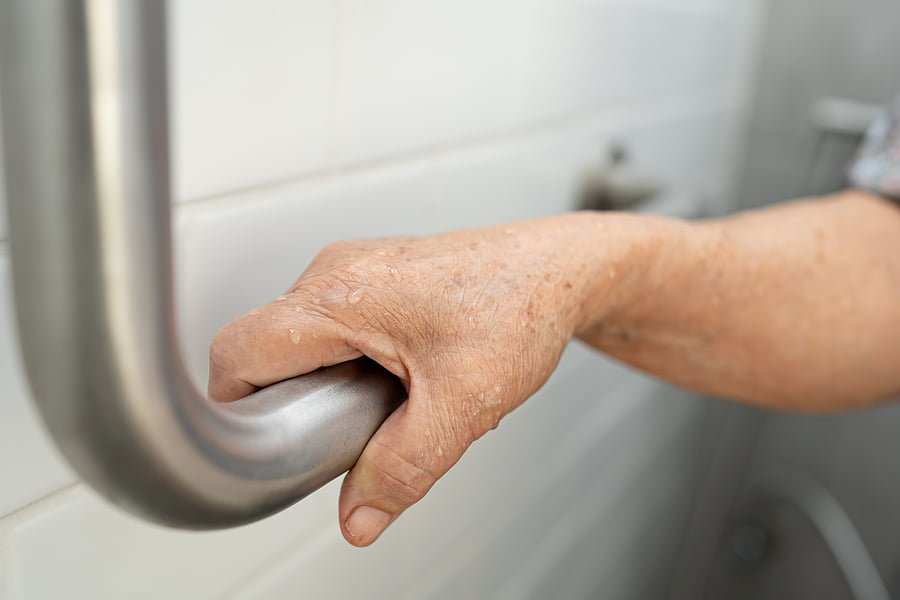
Disability Campaigner’s Accident Highlights Shower Issues
The need for accessible showers in Berkshire will be well known to disabled people and their helpers in the county, but wider public understanding – including among those responsible for providing such facilities – can sometimes be lacking.
This sad fact was highlighted this week by the ordeal suffered by disability campaigner Jennie Berry, who was left stranded after a fall in a shower at a London hotel, the BBC reports.
Ms Berry, a wheelchair user from Hartlepool, had been staying at the Mama Shelter in London, where she tried to use the shower.
Things started to go wrong when her accessible seat broke, causing her to fall. With the emergency alarm cord tied up out of reach, she was left stranded until she managed to crawl to a second alarm. Even then, however, things got little better as staff were unable to work out how to lift her.
She told BBC Radio Tees: “It took three staff members 20 minutes to finally get me up, but obviously I was naked, I was soaking wet, and everything was just a bit of a mess.”
Ms Berry added: “Thankfully I am not really hurt, I just have quite a lot of bruising on my arms of where they were dragging me and pulling me.”
She went on to post on her Instagram page about how the incident highlights the “harsh reality” faced by many disabled people, noting how the practice of tying up emergency shower cords is a common. Indeed, she has previously campaigned on this very issue.
“It’s not just about the actual equipment itself, it’s more so about the aftermath of how vulnerable you feel in that scenario,” she noted.
Responding to the incident, a spokesperson for the hotel apologised “unreservedly” over the incident and pledged both to check the standard of facilities more thoroughly and improve staff training to deal with such issues.
“We pride ourselves in being a wholly-inclusive brand and will redouble our efforts to fulfil this,” the statement concluded.
While the incident may highlight the need for hotels to be better equipped to support disabled shower and bathroom users, many people with such needs could also benefit from having better facilities in their own homes.
In such settings, any alarm cords will not be tied up, but other problems may persist if the equipment has not been designed or adjusted to meet the needs of the user. On the other hand, the right equipment can help ensure disabled people have full access to bathing, showering and toilet facilities.
Ms Berry seeks to campaign on disability issues via her own website, which aims to educated able-bodied people about the issues faced by wheelchair users and others with restricted mobility.
She was able to approach the topic from the perspective of someone who had been able-bodied until her 20s, when she developed a neurological condition that left her paralysed from the waist down.
Noting that her home town of Hartlepool suffered from a particular lack of facilities and understanding, she said her mission was “to change people’s perceptions and attitudes towards disability”.

